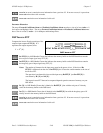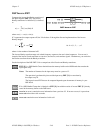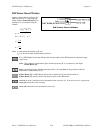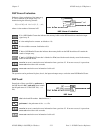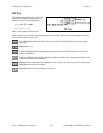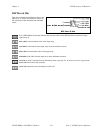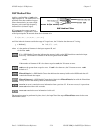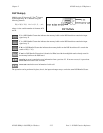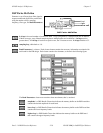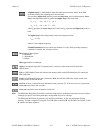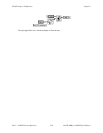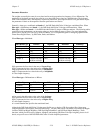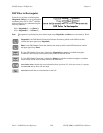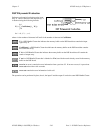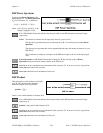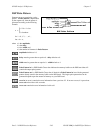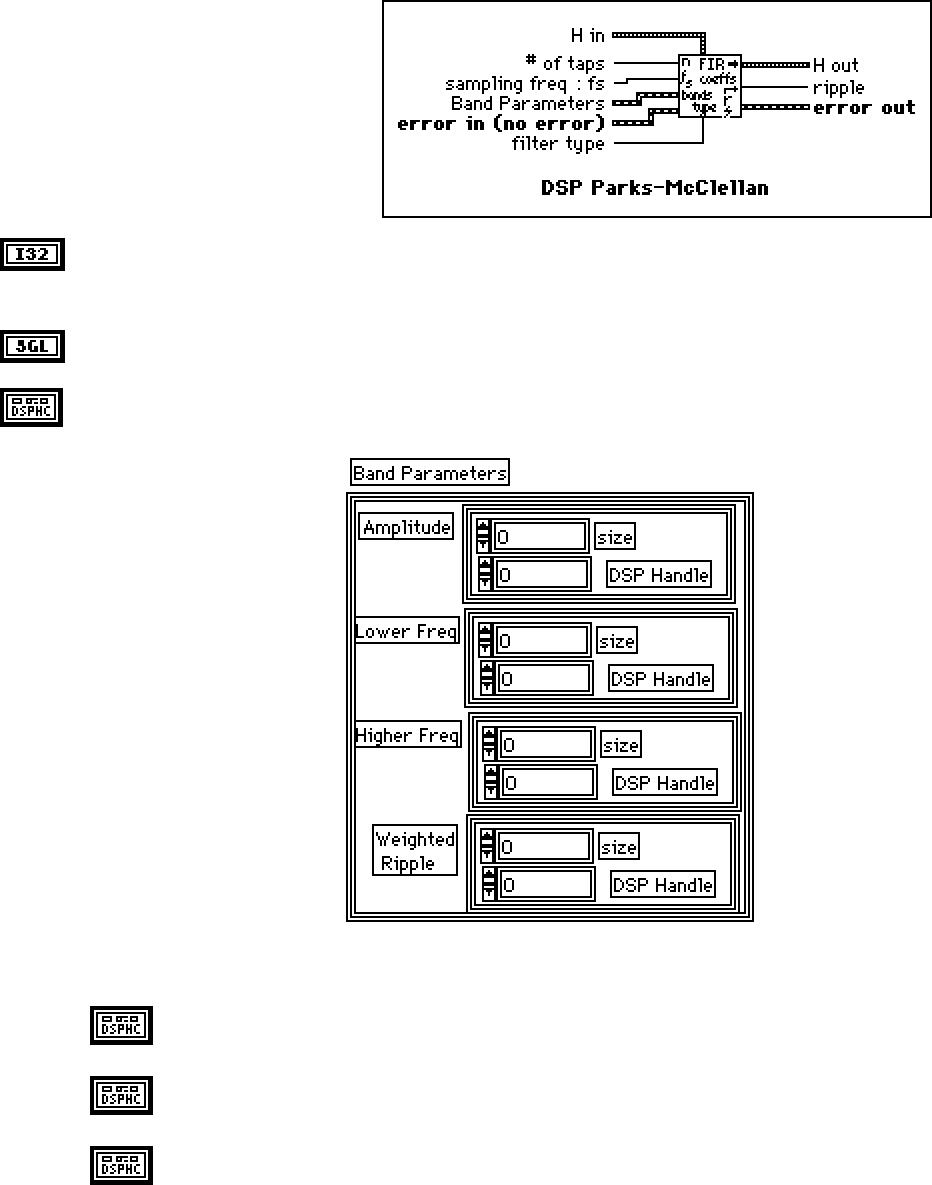
NI-DSP Analysis VI Reference Chapter 2
Part 3: NI-DSP Function Reference 2-56 NI-DSP SRM for LabVIEW for Windows
DSP Parks-McClellan
Generates a set of linear-phase finite impulse
response multiband digital filter coefficients
using the number of taps, sampling
frequency, filter type, and Band Parameters.
# of taps is the total number of coefficients in H. A tap corresponds to a multiplication and an addition.
If there are n taps, every filtered sample requires n multiplications and n additions. # of taps must be
greater than 0. If # of taps is less than or equal to zero, the VI returns an error. # of taps defaults to 32.
sampling freq : fs defaults to 1.0.
Band Parameters is a cluster. Each cluster element contains the necessary information associated with
each band for the FIR design. Each cluster contains four elements, as shown in the following figure:
The Band Parameters cluster must contain at least one element, that is, one band.
amplitude is a DSP Handle Cluster that indicates the memory buffer on the DSP board that
contains the desired amplitude for each band.
lower freq is a DSP Handle Cluster that indicates the memory buffer on the DSP board that
contains the lower frequency bands.
higher freq is a DSP Handle Cluster that indicates the memory buffer on the DSP board
that contains the upper frequency bands.



